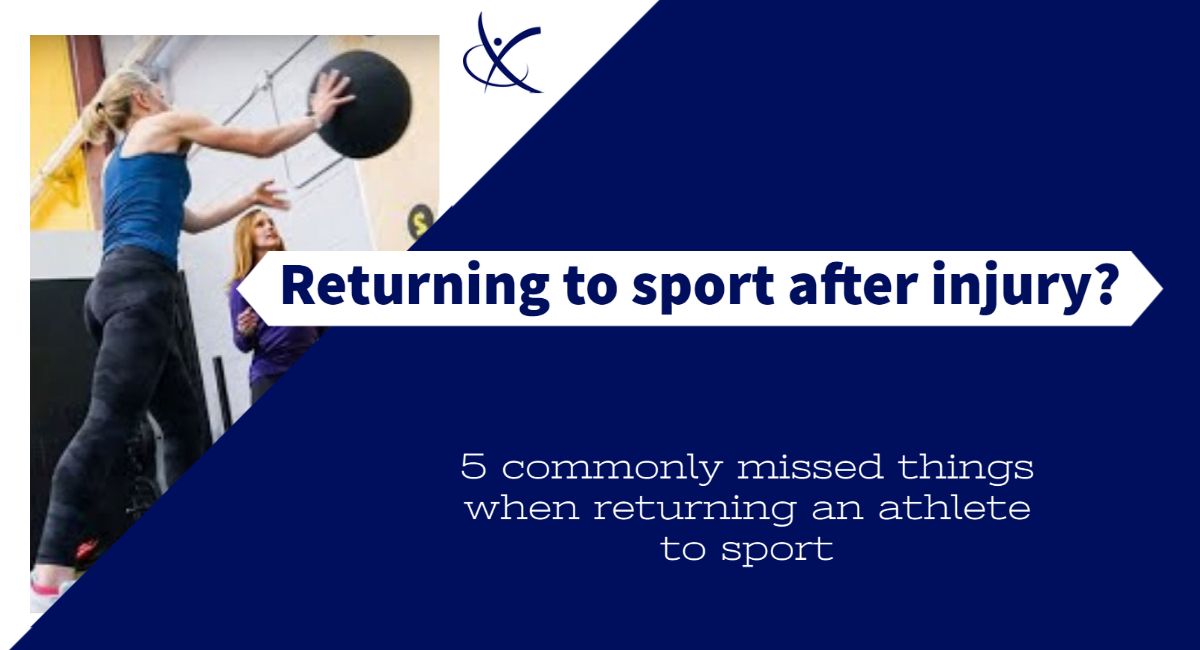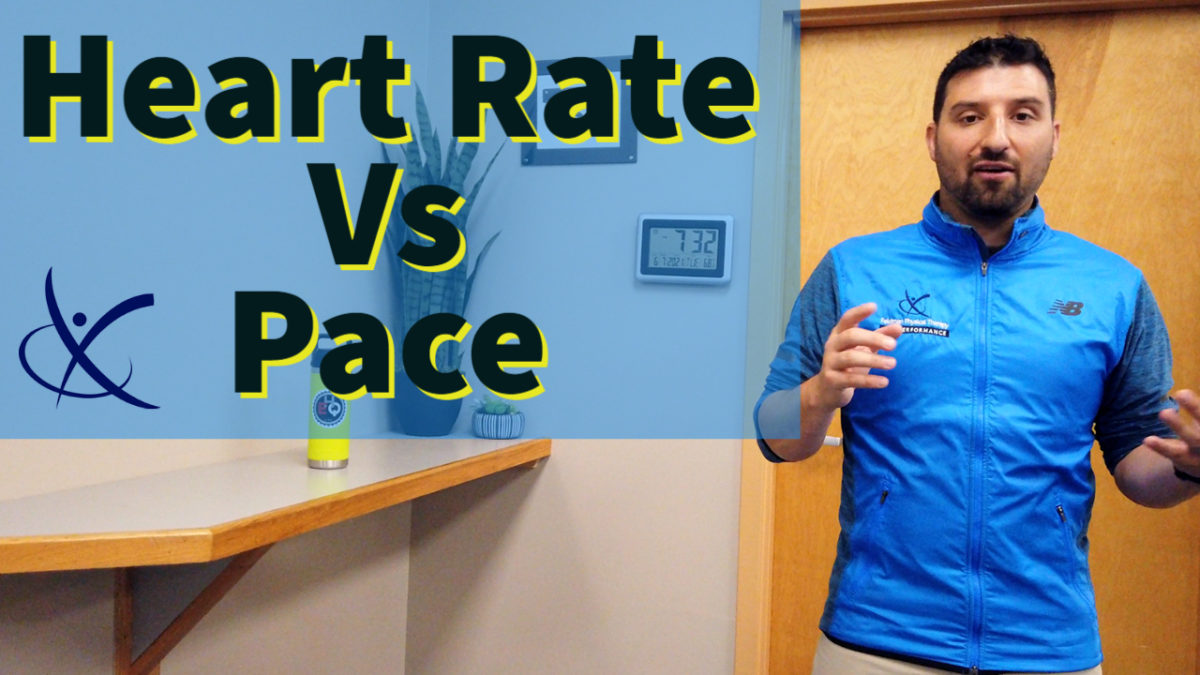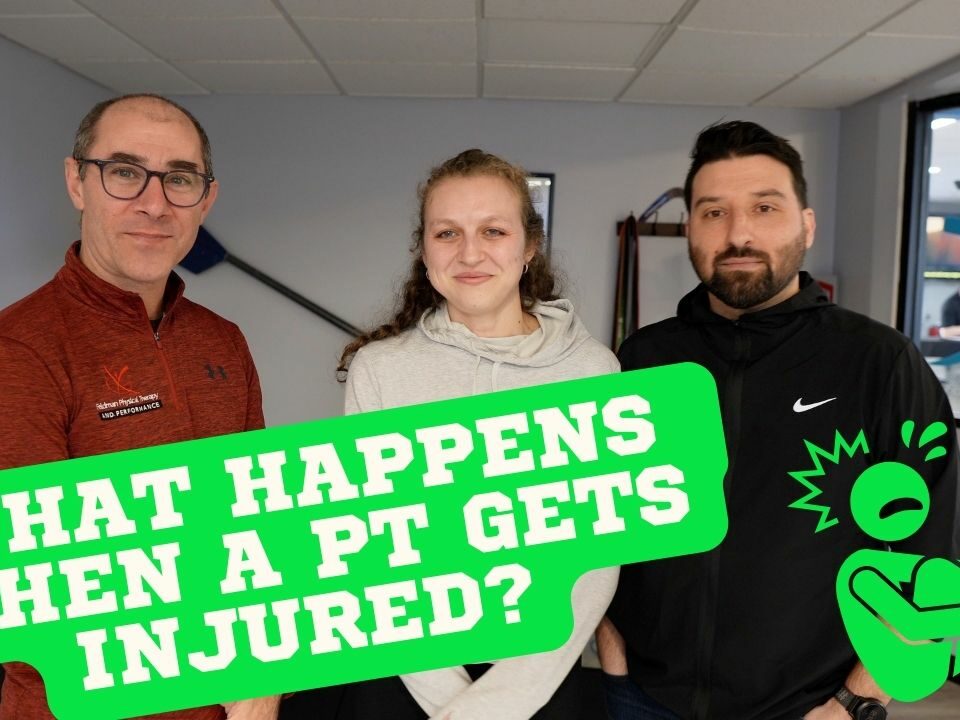
The Male Athlete Triad
July 11, 2021
5 Factors to Consider When Returning to Activity After Injury
July 24, 2021Heart Rate Vs. Pace
Efficiency is a goal we try to help recreational runners achieve. Running is a game of economy. Gee, you’ve heard us say that once or twice. The more efficient you are, the easier the task becomes. So let’s talk about training efficiency: Heart Rate vs Pace.
Most runners will familiarize themselves with pace early on in their running. How many minutes per mile are they running? How fast. Pace testing, etc. Runners even start to compare paces even though it’s pointless. Justin did an excellent bit on Strava and the dangers of getting sucked into paces. Pace can be an excellent tool, but it does come up short in terms of efficiency.
There are many factors that can affect your pace for a given day. Think of it like this:
*Would you rather try for your fastest 5k on a flat course in the late Fall or on a hilly course in early August?*
Exactly. Paces can absolutely help a runner set their training and racing parameters, but there are so many variables that can affect pace that a runner will have to know how to account for those external variables. Extreme heat or cold, humidity, hilly, stress, sickness, poor sleep, overtraining, poor nutrition, etc. are all factors that can and do affect pace for a given run. How do you adjust? If you try to maintain or hit the same pace, you may find yourself behind the 8-ball and wondering why it doesn’t feel right, or why things went to shit. Been there, done that.
This is because each of those variables makes your body work harder to achieve the same result. Your heart rate will end up quite a bit higher than normal for those given efforts. Unfortunately, you can’t outsmart your heart rate response. Just like we have certain paces that will limit us, we also have heart rate zones that will dictate how hard and how long we can work on a given day. When it comes to running, heart rate is just that much more effective at giving us a snapshot of how your body is doing. If you can normally run a 5k at X pace but you try to run it on a humid day or hilly course, then you are likely not going to be able to maintain that same pace. This is because your threshold pace or your running ability is dictated by your heart rate. There is a correlation between the two, and if you have to work harder, then your paces will reflect that. Your pace only exists because your heart and lungs are working to deliver blood and oxygen. Overwork it and you’ll start to accumulate that burn quicker than you can get it out of your legs. Sorry, game over at that point.
On a hot or humid day, I will be sure to slow my pace down by about 20-30 seconds per mile to account for the extra difficulty and increased work rate. If I tried to hit my normal target pace on that type of day my heart rate will easily be 10-15 beats higher. That is an excellent way to bonk, so to account for that I will slow my pace down to where my effort level remains the same as my training goal. This helps ensure I am not overtraining and thrashing my body. Otherwise, I will compromise recovery and subsequent training sessions. It’s easy to see how that becomes a vicious cycle.
Without going into too much detail, heart rate zones can also be gathered with certain tests. There are threshold heart rate tests and there is no shortage of devices that can accurately measure heart rate for recreational runners. Chest straps, wrist sensors, arm sensors, etc are all readily available at a range of prices. We highly recommend runners invest the time and money into heart rate training.
The bottom line is training by heart rate zone instead of pace zone will make you a more efficient runner. You can’t fool heart rate, and your heart rate will never steer you wrong if you understand what it’s telling you.
Happy Training!





